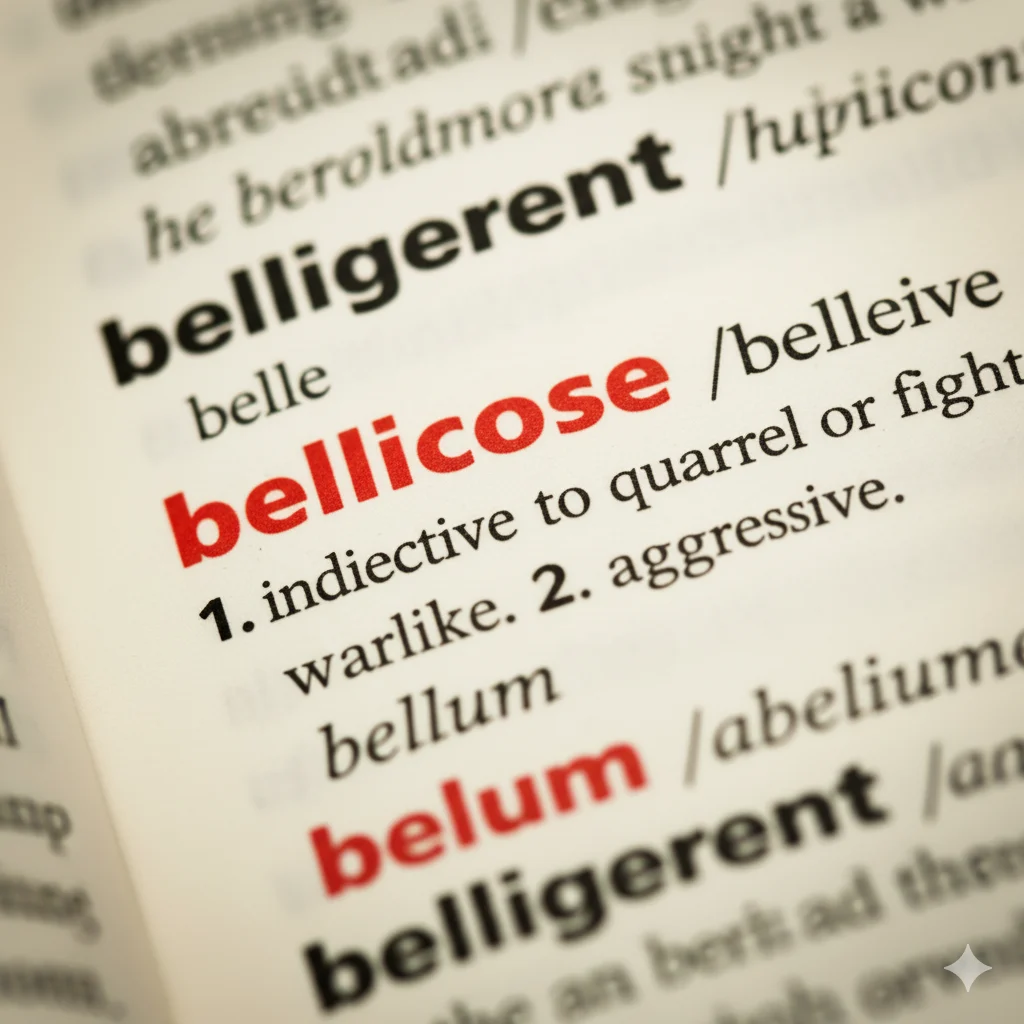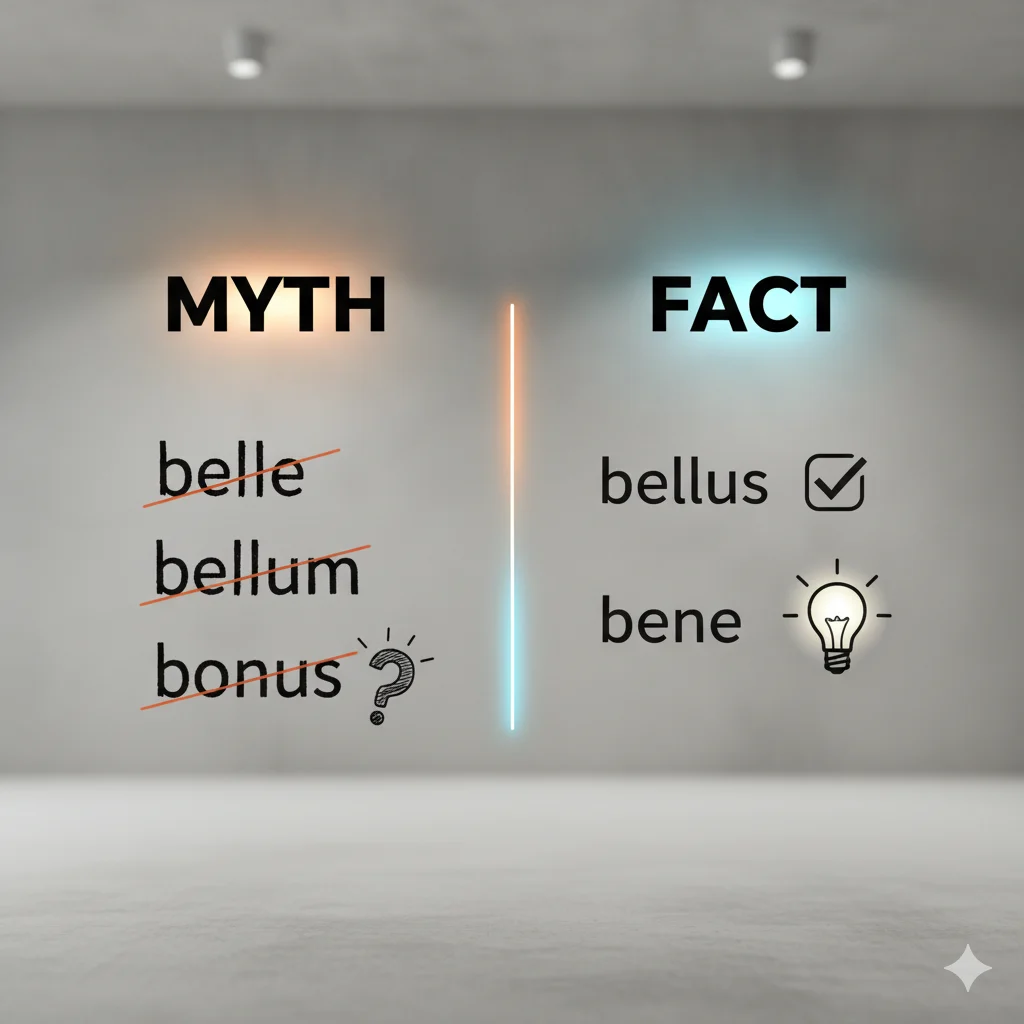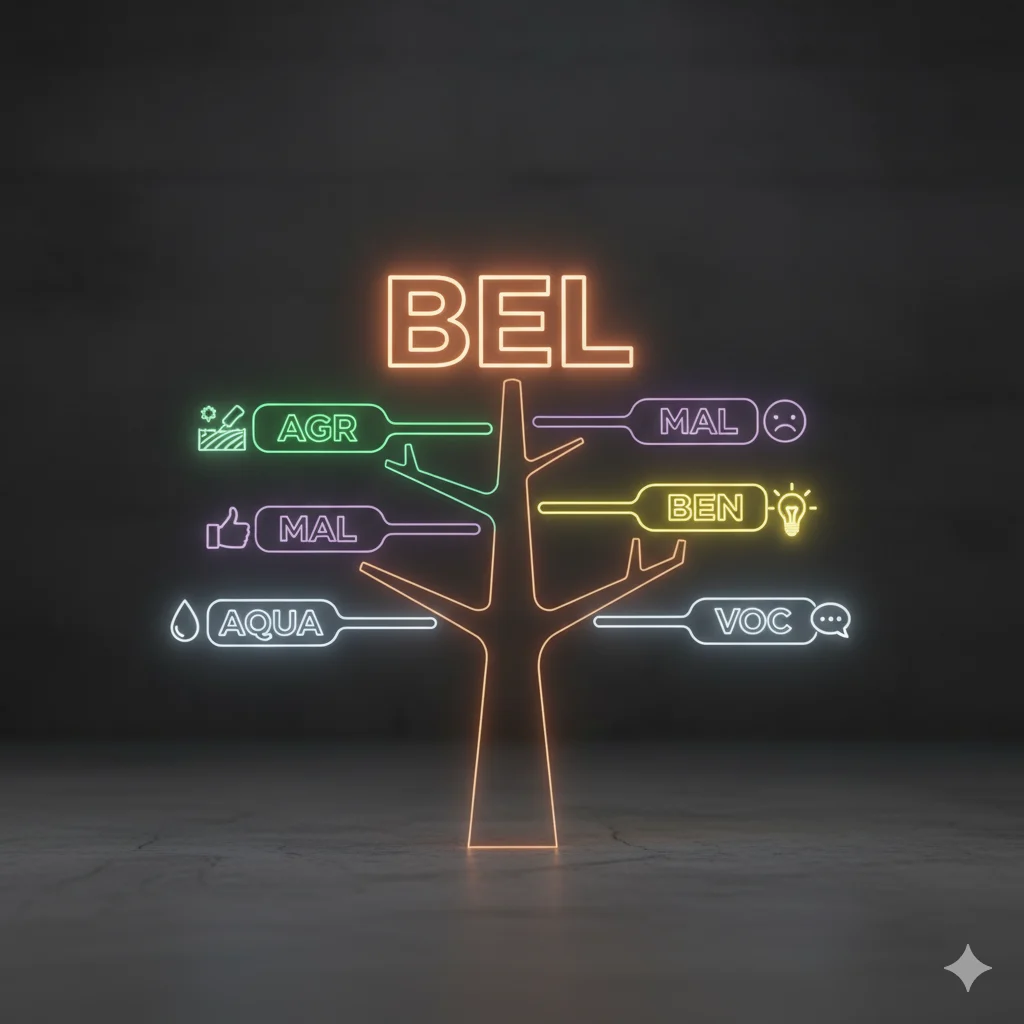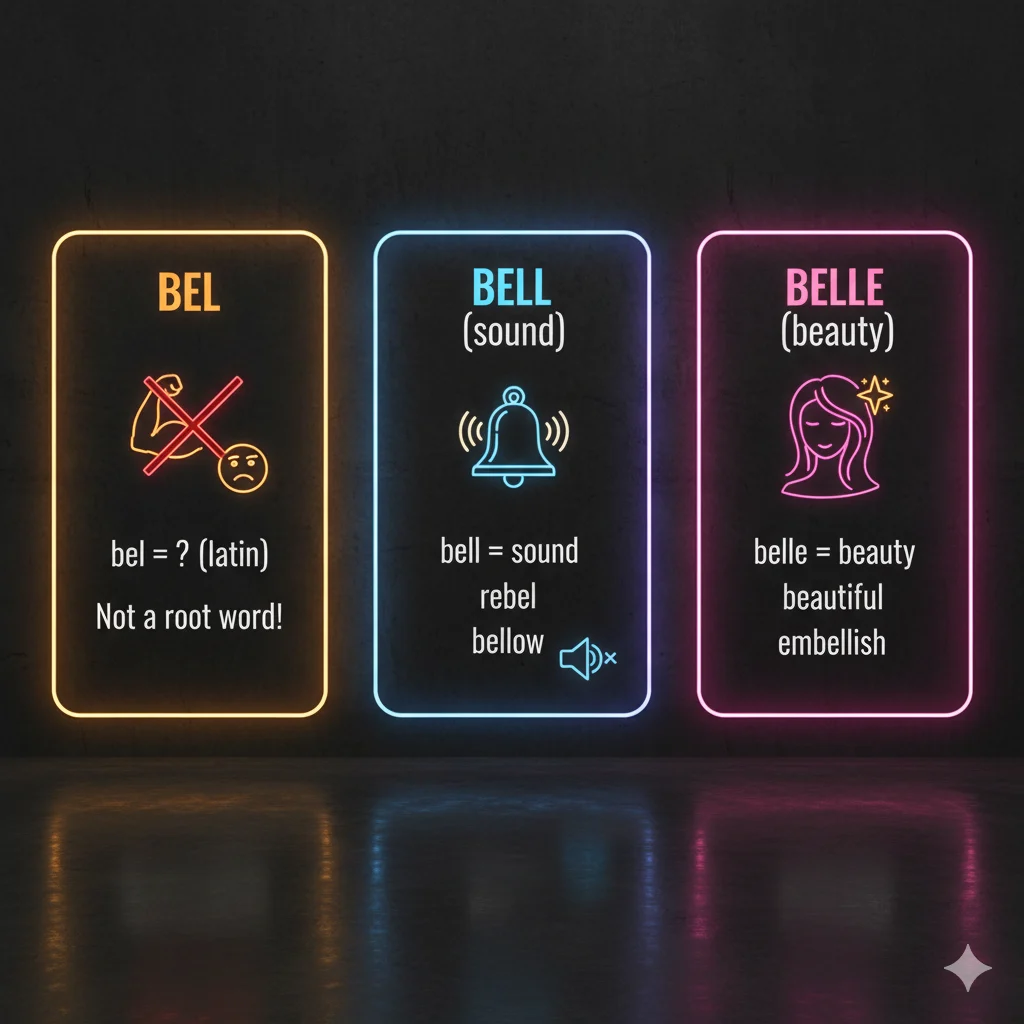The English language is filled with thousands of words built from Latin and French roots. One of these roots is “bel”, a linguistic element that appears in several powerful and commonly used words. Many students, readers, and language learners search what does the root bel mean to better understand vocabulary structure.
Whether you’re preparing for exams, improving writing skills, or exploring the history behind English words, learning this root can significantly strengthen your vocabulary foundation.
The root “bel” is strongly associated with the idea of war, conflict, or aggression. It appears in words like bellicose, belligerent, and rebellion, all of which relate to fighting, hostility, or resistance.
Understanding this root helps make vocabulary easier to decode, especially when encountering unfamiliar words.
This guide breaks down the meaning, background, usage, examples, misconceptions, related roots, and how knowing bel can support both academic and everyday language use.
Meaning & Definition of the Root Bel

The root bel comes from the Latin word bellum, meaning war, battle, or conflict. Whenever you see a word containing bel or bell, it most often relates to ideas of:
- fighting
- aggression
- anger
- rebellion
- hostility
- confrontation
Common Examples:
- Bellicose – aggressive, eager to fight
- Belligerent – hostile or ready for battle
- Rebellion – an act of resistance or defiance
- Rebel – a person who resists authority
Quick Memory Trick:
If a word starts with bel-/bell-, think of “battle”—both share the idea of conflict.
Background & Origin of the Root Bel

The root bel originates from the Latin term bellum, meaning “war.” This Latin root entered English mostly through:
- Old French (after the Norman influence)
- Middle English vocabulary development
- legal, academic, and philosophical writing traditions
Unlike many English roots that have dual meanings, bel has consistently maintained its association with conflict throughout history.
The words were often used in political, military, and literary contexts before entering everyday English. Over time, the root expanded metaphorically into emotional or interpersonal conflict—hence terms like belligerent attitude or rebellious behavior.
Usage in Different Contexts

The root bel appears in a variety of fields, including:
1. Everyday Conversation
People use terms like:
- “He’s acting rebellious.”
- “She has a belligerent tone.”
to describe conflict-focused behavior.
2. Academic Writing
In literature, psychology, and history, words containing bel often describe:
- wars
- uprisings
- aggressive characters
- political resistance
3. Law & Government
Terms related to international conflict (belligerent states) still use the root.
4. Social Media
Users may describe a hostile or confrontational comment as “belligerent energy” or “rebellious behavior.”
Meaning of the Root Bel in Chat, WhatsApp, Instagram & TikTok

While the root bel itself is not used as slang online, words derived from it are common. On TikTok, Instagram, and WhatsApp:
- “Rebellious” is often used for fashion aesthetics.
- “Rebel energy” is used humorously for breaking rules.
- “Belligerent” is used to describe heated arguments or drama.
Meaning in Physics, Medical, and Aircraft Terminology

The root bel is not typically used in scientific, medical, or aviation terminology.
Words based on this root remain primarily in:
- literature
- social sciences
- political studies
- everyday vocabulary
However, they may appear metaphorically in scientific contexts (e.g., “rebellious cells” or “aggressive symptoms”).
Common Misconceptions About the Root Bel

Misconception 1:
Bel means beauty.
❌ Incorrect — that is the French “belle”, not the Latin root.
Misconception 2:
Bel always means fight.
✅ Mostly true, but it can also imply resistance or defiance.
Misconception 3:
Bel and bell(-sound) have the same origin.
❌ Wrong — the “bell” that rings comes from Germanic roots, not Latin.
Similar Roots & Alternatives

Other roots with related meanings include:
- Host- (enemy, stranger) → hostile, hostility
- Rupt- (break) → disrupt, erupt
- Contra- (against) → contradict, contrast
These roots can appear in similar contexts of conflict, opposition, or resistance.
How to Respond When You See Words with the Root Bel

If you encounter a new word containing bel, you can ask:
- Does this refer to fighting or resisting something?
- Is the behavior described aggressive or rebellious?
Understanding roots makes vocabulary easier to decode instantly.
Differences Between Bel and Similar Words or Roots

| Root | Meaning | Example |
|---|---|---|
| Bel/Bell (Latin) | war | bellicose, rebellion |
| Bell (Germanic) | ringing sound | bell, doorbell |
| Belle (French) | beauty | belle, bellezza |
These three are commonly confused, but completely unrelated.
Relevance of the Root Bel in Modern Language Learning

Understanding vocabulary roots like bel helps with:
- Reading comprehension
- Exam preparation (SAT, GRE, IELTS)
- Language building
- Etymology studies
- Better writing skills
The root remains relevant in literature, news headlines, and political commentary.
FAQs About the Root Bel
Q1: What does the root bel mean?
A1: The root bel comes from the Latin word bellum, meaning war, conflict, or battle. It appears in words like bellicose, belligerent, and rebellion, which all relate to aggression, fighting, or resistance.
Q2: Which words are derived from the root bel?
A2: Common words include:
- Bellicose – aggressive or eager to fight
- Belligerent – hostile or confrontational
- Rebel/Rebellion – resisting authority or rules
Q3: Is the root bel related to the word “belle” or “bell”?
A3: No. Bel (Latin) relates to war and conflict. Belle (French) means beauty, and bell (Germanic) refers to a ringing sound. They are unrelated roots.
Q4: Can I use words with the root bel in everyday conversation?
A4: Yes! Words like rebellious or belligerent are commonly used to describe personalities, attitudes, or behavior, both formally and informally.
Q5: Why is learning the root bel important?
A5: Understanding bel helps improve vocabulary, decoding of complex words, reading comprehension, and writing skills. It is especially useful for students, exam preparation, and literature analysis.
Q6: Where is the root bel commonly used today?
A6: It appears in literature, news articles, political commentary, social media, and academic writing—usually in words describing conflict, opposition, or rebellion
Conclusion
The root bel, meaning war or conflict, plays an important role in understanding modern English vocabulary. Words like rebellion, belligerent, and bellicose are still widely used in conversations, news reports, academic writing, and social media. Learning this root helps readers break down complex terms, expand vocabulary naturally, and improve comprehension skills across many disciplines.
Whether you are studying for an exam, analyzing literature, or simply trying to strengthen your English foundation, understanding what the root bel means provides clarity and confidence. Since roots form the building blocks of English words, mastering them makes it easier to decode unfamiliar vocabulary and understand deeper meanings. The root bel remains especially relevant today, symbolizing resistance, conflict, and the timeless human tendency to challenge or oppose.


